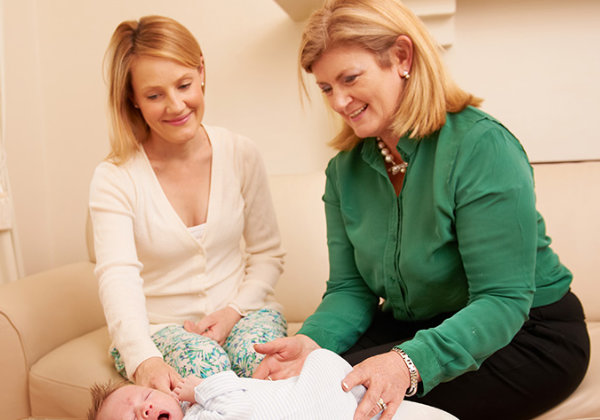Frequently Asked Questions
Why would I see a midwife during my pregnancy?
Many parents are scared about labour!Midwives are highly skilled professionals whose role is to provide emotional and physical care for women throughout pregnancy and until your baby is 6 weeks old,A midwife will help you develop an individualised plan of care
But doesn’t my doctor do all that?
YES but midwives have more time allocated to answer your questions and provide emotional and practical support in care of a newborn baby.Research shows mothers who see a midwife during pregnancy have fewer interventions
I suffer from anxiety and depression, can a midwife support my emotional health during pregnancy
Yes this is what a midwife specialises in, she knows that many mums these days fear pregnancy and birth and she will answer all your questions.If you require additional support she will help you arrange a suitable care plan.
Why would i need to see a midwife if I’m already seeing an OB?
Because your midwife is the one who gives you all the knowledge about birth whether you choose natural or caesarian. Research also shows women who also see a midwife are more aware of the risks/benefits of choices during pregnancy and birth.
Can I see a private midwife and a private OB?
YES, in fact many women report much higher rates of satisfaction when they see a private midwife.
Isn’t it expensive to attend private childbirth classes?
Medicare rebates are available for midwifery care with an eligible midwife.The benefits in terms of your emotional wellbeing and enjoyment of your baby are priceless.
What is antenatal care, and why is it important during pregnancy?
Antenatal care is healthcare provided to pregnant individuals to monitor the health of both the mother and the developing baby. It includes regular check-ups, screenings, and education to ensure a healthy pregnancy and reduce the risk of complications.
When should I start antenatal care, and how often should I have check-ups?
Ideally, antenatal care should begin as soon as you confirm your pregnancy. Early care helps monitor the baby’s development. Typically, monthly check-ups are conducted in the first two trimesters, and the frequency increases to bi-weekly or weekly in the third trimester.
Can I choose where to give birth, and what are the available options?
Yes, you can often choose your birthplace. Options include hospitals, birthing centers, or home births. Your choice may depend on your health, the risk level of your pregnancy, and personal preferences.
Are there any specific prenatal classes available, and do I need to attend them?
Yes, prenatal classes are available and cover topics like childbirth techniques, breastfeeding, and newborn care. While not mandatory, attending these classes can help you feel more prepared and confident about the birthing process.
What is postnatal care, and how soon after childbirth does it begin?
Postnatal care refers to healthcare and support provided after childbirth. It begins immediately after delivery and continues for several weeks. It includes monitoring the mother and baby’s health, providing breastfeeding support, and addressing any postpartum concerns.
What are common postpartum issues, and how are they addressed during postnatal care?
Common postpartum issues include mood changes, perineal pain, and fatigue. Postnatal care addresses these concerns through regular check-ups, emotional support, and guidance on self-care.
Can partners actively participate in antenatal and postnatal care, and are there specific roles for them?
Absolutely! Partners are encouraged to actively participate in antenatal and postnatal care. This involvement may include attending appointments, providing emotional support, and assisting with daily tasks to help ease the transition to parenthood.



